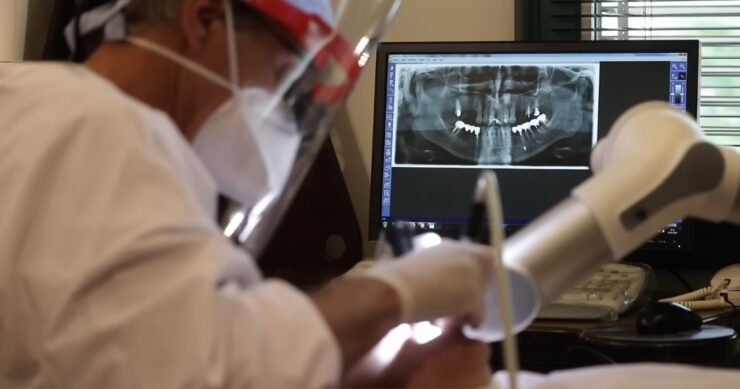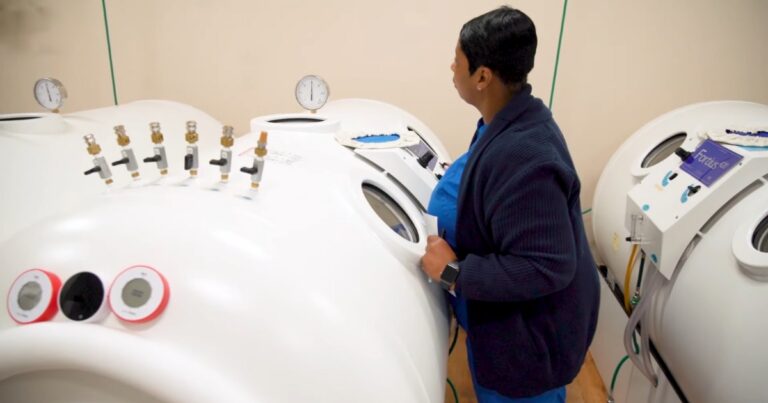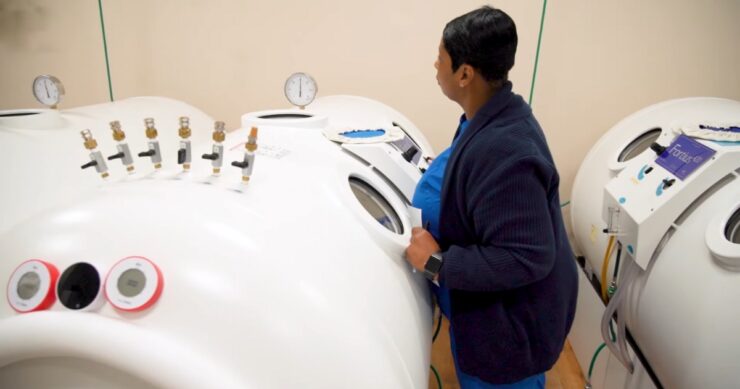Medical tourism, the practice of traveling internationally to obtain medical care, has emerged as a significant global industry. The motivations behind this trend are as varied as the patients themselves, ranging from economic factors to a desire for specialized treatments.
Economic Factors Driving Medical Tourism
Cost is a paramount concern in healthcare, and it is one of the primary drivers of medical tourism. In many instances, the cost of certain healthcare procedures can be significantly lower in other countries compared to the patient’s home nation. This disparity often exists due to differences in labor costs, insurance, and government policies.
For example, a heart bypass surgery that costs tens of thousands of dollars in the United States might only be a fraction of that in India or Thailand. These cost savings can make essential treatments accessible for individuals who would otherwise be unable to afford them.
Accessibility and Availability

In some countries, waiting times for certain medical procedures can be lengthy due to overburdened healthcare systems. Medical tourists often seek care abroad to bypass these delays.
In nations with highly efficient healthcare systems, patients can receive timely treatments, which is particularly crucial for surgeries that are time-sensitive or for conditions that deteriorate rapidly. You can learn more about accessibility and availability at Doctor.Global.
Quality of Care and Specialization
Contrary to common misconceptions, lower costs do not necessarily imply inferior quality. Many countries popular for medical tourism boast state-of-the-art healthcare facilities, comparable to those in Western countries.
Furthermore, some destinations specialize in particular treatments, offering a level of expertise that might not be available in the patient’s home country. For instance, South Korea is renowned for its cosmetic surgery innovations, while Germany excels in orthopedic surgery.
The Appeal of Combining Treatment with Travel
Medical tourism often presents an opportunity to combine healthcare with leisure travel. Recovering in a pleasant, vacation-like environment can be a strong draw. This aspect is particularly appealing for treatments that require prolonged recovery periods.
Patients enjoy the recuperative benefits of a different environment, which can be a refreshing change from the routine back home.
Privacy and Confidentiality
For some healthcare tourists, privacy is a key consideration. Traveling abroad for treatment can offer a level of anonymity that might not be possible in their home country. This factor is especially relevant for procedures that patients prefer to keep private, such as cosmetic or gender reassignment surgeries.
The Role of Technology in Medical Tourism
Advancements in technology have significantly facilitated the rise of healthcare tourism. The internet allows for easy research and comparison of healthcare services globally. Telemedicine has also made pre- and post-treatment consultations more accessible, bridging the geographical gap between patients and overseas healthcare providers.
Insurance and Corporate Sponsorship
The role of health insurance and corporate sponsorships in medical tourism cannot be overstated. Some insurance companies have started to include overseas healthcare treatments in their coverage plans, recognizing the cost benefits.
Additionally, corporations in some industries offer medical tourism options in their employee health benefits, seeing it as a cost-effective way to ensure employee wellness.
Regulatory and Ethical Considerations
As medical tourism grows, so do concerns about its regulatory and ethical dimensions. Issues such as the quality of care, legal implications of receiving healthcare treatment abroad, and the impact on local healthcare systems are increasingly coming under scrutiny.
Ethical debates also arise, particularly regarding the equity of healthcare access between tourists and local populations.
Quality of Care Abroad
While cost is a major factor, the quality of care is also a critical consideration. Many countries that attract healthcare tourists have invested heavily in their healthcare infrastructure, boasting state-of-the-art facilities and highly trained healthcare staff.
These destinations often possess internationally accredited hospitals, showcasing their commitment to maintaining high standards of care.
Accessibility and Availability of Treatments

In some cases, patients turn to medical tourism because certain treatments or procedures are not available in their home country. This unavailability can be due to regulatory differences, lack of specialized facilities, or even cultural and legal barriers.
For those seeking cutting-edge treatments or experimental therapies, traveling abroad is sometimes the only option.
Shorter Wait Times
The healthcare systems in many countries are burdened with long waiting lists, particularly for elective procedures. Healthcare tourism offers an alternative for those unwilling or unable to wait for extended periods. Countries catering to medical tourists often have systems in place to ensure quick access to various medical services, significantly reducing waiting times.
Privacy and Confidentiality
For some patients, privacy and confidentiality in healthcare matters are paramount. Traveling abroad for treatment can offer a level of anonymity that might not be available in their home country. This aspect is particularly appealing for those undergoing cosmetic or other sensitive medical procedures.
Combining Treatment with Travel
Another appealing aspect of medical tourism is the opportunity to combine medical treatment with leisure travel. Patients often take advantage of their trip abroad to experience a new culture, visit tourist attractions, or simply relax in a different environment, which can also be beneficial for their mental well-being and recovery.
Insurance and Legal Considerations

Navigating insurance coverage for overseas healthcare treatment can be complex, but some insurance companies now offer plans that include coverage for medical tourism.
Additionally, patients must be aware of the legal aspects, including the implications of undergoing treatment in a foreign legal jurisdiction, which can affect their rights and recourse in cases of medical malpractice.
Cultural and Language Barriers
While medical tourism offers many benefits, it is not without challenges. Cultural differences and language barriers can impact the patient’s experience and the quality of care. Many healthcare tourism destinations address this by offering services in multiple languages and ensuring that their staff are culturally sensitive.
In exploring global health trends, individuals seeking wellness alternatives may find valuable insights into the benefits of non-alcoholic beer, as highlighted in our article on the positive impacts of mindful beverage choices on health and well-being.
The Future of Medical Tourism
As globalization continues and healthcare systems around the world evolve, the trend of healthcare tourism is likely to grow. Innovations in healthcare, increasing international accreditation of foreign hospitals, and the expanding reach of insurance coverage for overseas treatments are factors that will continue to shape this industry.
End Note
In conclusion, medical tourism is a multifaceted phenomenon driven by various factors including cost, quality of care, and accessibility. While it offers numerous benefits, it also presents challenges that require careful consideration. As the industry grows, it will continue to impact the global healthcare landscape, influencing how and where patients choose to receive their healthcare.











